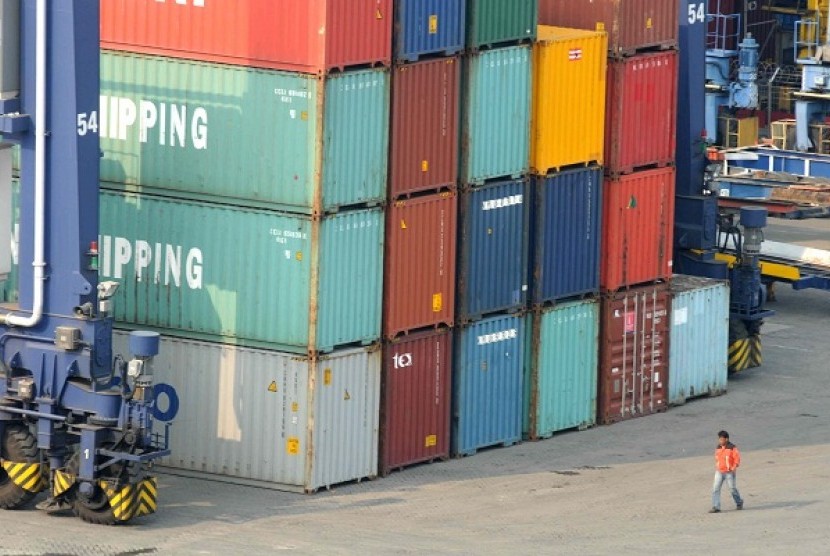REPUBLIKA.CO.ID, JAKARTA - In the near future, Indonesia will sign an agreement of free trade with European Union (EU) through Comprehensive Economic Partnership Agreement (CEPA). This agreement covers the liberalization of trade, investment, intellectual property right (IPR), and infrastructure on Public Private Partnership (PPP).
An Analyst of Indonesia for Global Justice (IGJ), Salamudin Daeng, said Indonesia would inflict some losses over the agreement because the real sectors here were not ready yet to compete in free trade area. Thus, Indonesian Small and Medium Enterprises (SME) would struggle to balance the stream of trade with EU.
"We are not ready yet. We do not want to regret our decision to sign CEPA, as we did after signing the ACFTA (ASEAN-China Free Trade Area)," Daeng said on Monday.
The FTA agrrement could also cause another blow to Indonesian income since import duty tax will be cut off 90 percent. Other impacts are that CEPA will limit and decrease the public intervention, such as government's ability to protect several industries, limit the export of commodities, or regulate some products of strategic foods.
CEPA cooperations pattern assumedly does not support the Indonesian food sovereignty. Indonesia currently imports some food commodities from UE, such as flour, milk, and sugar. "FTA with UE will widen trading disparity," he said.
Meanwhile, the Secretary General of Fisheries Justice Coalition Indonesia (KIARA), Riza Damanik, said the signing of CEPA would further break down fisheries sector because the export of Indonesian fisheries product failed to meet the EU standard. "It is hard to export to EU," Damanik said.


